Hidden away between the dense trees of the Hebrew University’s Givat Ram campus lies the past, present and future of the Hebrew language. Disguised by its modest exterior and dwarfed by impressive new university faculties, two small buildings are home to the supreme institution of Hebrew in Israel and the body responsible for the ongoing revival of the once near-extinct language of the Jewish people: the Academy of the Hebrew Language.
“In some ways, we are continuing the spirit of the key pioneer in the revival of modern Hebrew, Eliezer Ben-Yehuda,” says Dr. Gabriel Birnbaum, a senior researcher at the academy’s Historical Dictionary project.
Sitting in an office lined with ancient-looking dictionaries, religious liturgy, and manuscripts, Birnbaum, whose enthusiasm for the Hebrew language and its unprecedented revival is infectious, pays tribute to Ben-Yehuda.
“It was the work of one man, which is unbelievable. One man. Everyone mocked him: ‘You can’t make a dictionary of all the Hebrew language, all of its layers, all of its strata,'” Birnbaum says. “He never attended university, never learned linguistics, but he was a genius.”
Born Eliezer Yitzhak Perelman in Luzhky, Lithuania in 1858, Ben-Yehuda arrived in Palestine in 1881, driven and focused to revive the Hebrew language. Others had attempted to revive the language but did not place the same emphasis as Ben-Yehuda on the importance of spoken Hebrew.
“He decided with his wife that they would not say any word between themselves and the children in languages except for Hebrew,” Birnbaum explains. As a result, Ben Yehuda’s son, Itamar Ben-Avi, was said to be the first native speaker of Hebrew in modern times. “Very soon they realized that they were lacking words. But if we have such a vast literature of Bible, Mishnah, and Talmud, how could they lack words?” asks Birnbaum. “All these words in these sources deal with major topics: they speak about love, hatred, wars, sacrifice, and redemption. But how do you say ‘office’, ‘umbrella’ or ‘matchstick’? For these things, they lacked words.”
Birnbaum challenges the notion that Hebrew was a dead language prior to Ben-Yehuda’s extraordinary efforts, describing the claim as a “misnomer.”Although there was no such thing as a Hebrew-speaking family, people did, however, speak with God in Hebrew, pray in Hebrew, learn religious texts and write a vast amount of Hebrew literature. Coining new words for the Hebrew language, as Ben-Yehuda did until his death nearly a century ago, is only one part of the role of the academy. In Biblical Hebrew, there were approximately 7,000 words. Modern Hebrew has approximately 33,000 words.
“In a way it’s a continuation of Ben-Yehuda’s dictionary but, of course, he didn’t have all the data that we have. He didn’t know of the existence of the Dead Sea Scrolls, which were only discovered in the 1950s,” Birnbaum says. “What we do, which is unique to our dictionary, is that we work according to manuscripts.”
In contrast to other dictionaries, he explains, where there are existing words and example sentences are then sought or invented, the historical dictionary works in the opposite way. Words are added once examples are found, whether that might be in the Bible, Mishnah, Talmud or a range of other ancient Hebrew sources.
The academy has worked hard to improve its image in the last 25 years to change an old perception that it was disconnected from reality and uninvolved in the living language. Last month, to mark annual Hebrew Language Day, the academy published examples of new Hebrew words on the sides of milk cartons, quietly bringing their work into the homes of millions of Israelis. Unlike Ben-Yehuda, who advocated the eradication of all foreign words from the Hebrew language, the academy does not entirely oppose the influence of other languages.
“Hebrew is already living and kicking. The academy tends not to Hebraize international words. International words like electronics (electronica), democracy (democratia), television (televizia) and chocolate (shokolad) – we don’t touch them,” says Birnbaum. “Even the name of the academy, the academia, is an international word.” “There is no ‘pure’ language,” Birnbaum says. “There is no living language that is not influenced by neighboring languages or other languages that it is in contact with.”
The acceptance of foreign words in the Hebrew lexicon is particularly notable in more technical languages, especially in scientific fields. Even in Hebrew’s most important, sacred source, the Bible, there are hundreds of words whose etymology can be traced back to Aramaic, Egyptian and Persian. In the Talmud, there are hundreds of words from Greek and Latin.
Original Source: Jerusalem Post, Eytan Halon.

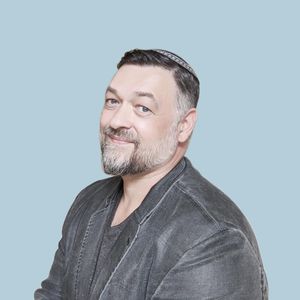
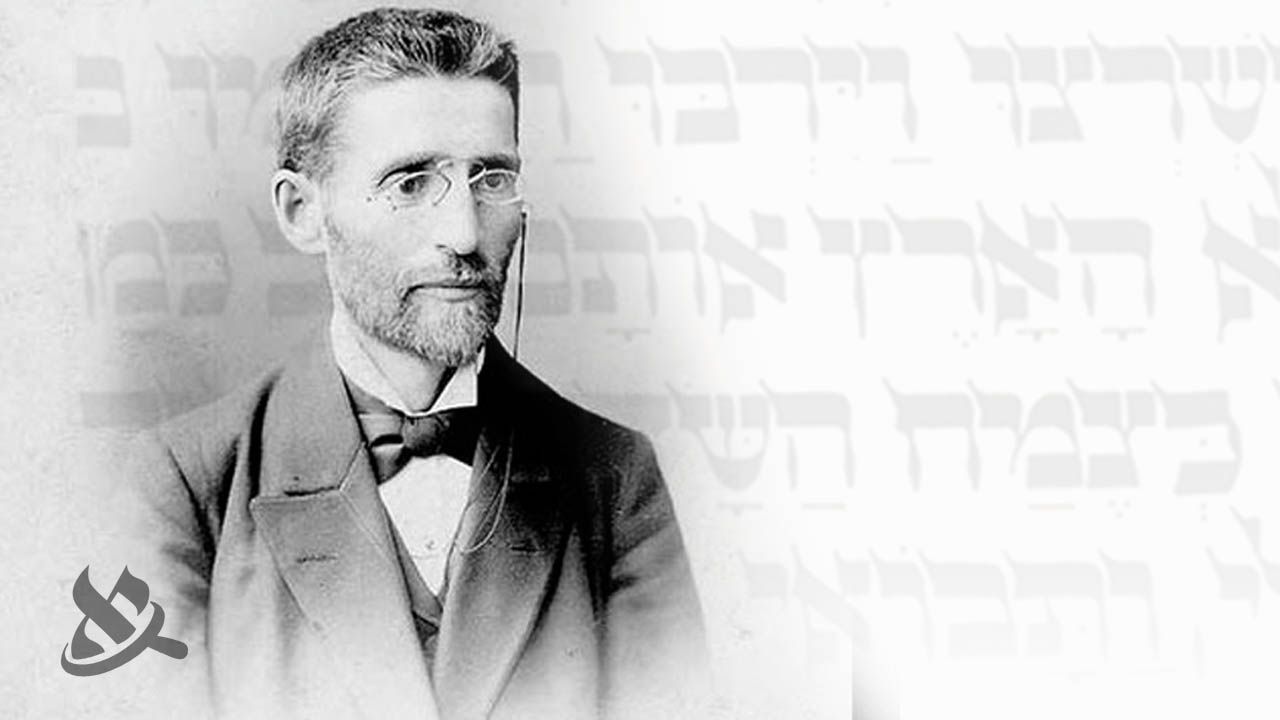
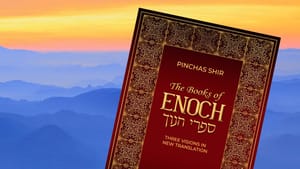
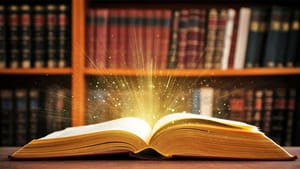
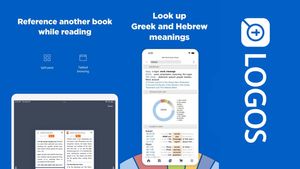
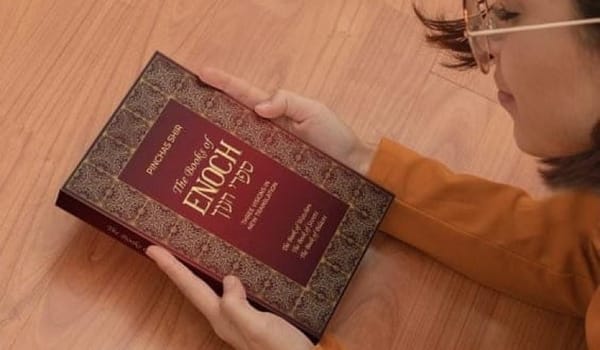
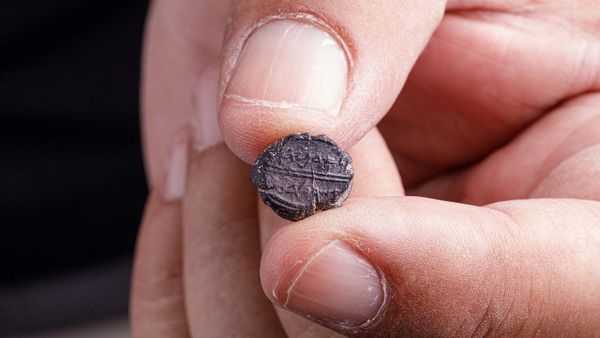



Member discussion